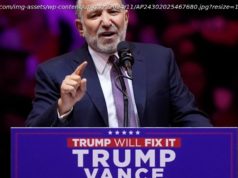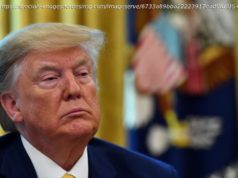State-run lotteries are designed to raise taxes off the money you’re gambling, but the jackpots are nearly impossible to win.
For the fourth time in Powerball history, the jackpot has crossed the billion-dollar threshold after a drawing on Monday revealed no winners. The prize is now $1.09 billion for the person who guesses correctly on Wednesday night’s numbers.
Starting in 2016, Powerball changed the rules, charging more per ticket and making it harder to win. The effect? Achieving faster and bigger jackpots that tempt even the most rational-minded person.
Jonathan Cohen, historian and author of the book “For a Dollar and a Dream,” said we can continue to see jackpot numbers ascend to more ridiculous heights even as the chances of winning remain 1 in nearly 300 million. You’re more likely to get struck by lightning twice.
“There’s this phenomenon called jackpot fatigue,” Cohen said. “People get used to a jackpot size, and then they just expected a bigger amount next time.”
Why are people so enraptured by the illusive near-impossible-to-win prize?
Lotteries are a symptom of an inequitable society in which people believe the American dream is harder to achieve than ever, Cohen said. The tantalizing allure that a $2 ticket could bump you into a higher-income class overnight is difficult to resist, he said.
Start
United States
USA — Financial Mondo Powerball jackpot spawns billion-dollar dreams. But is the big draw a...






